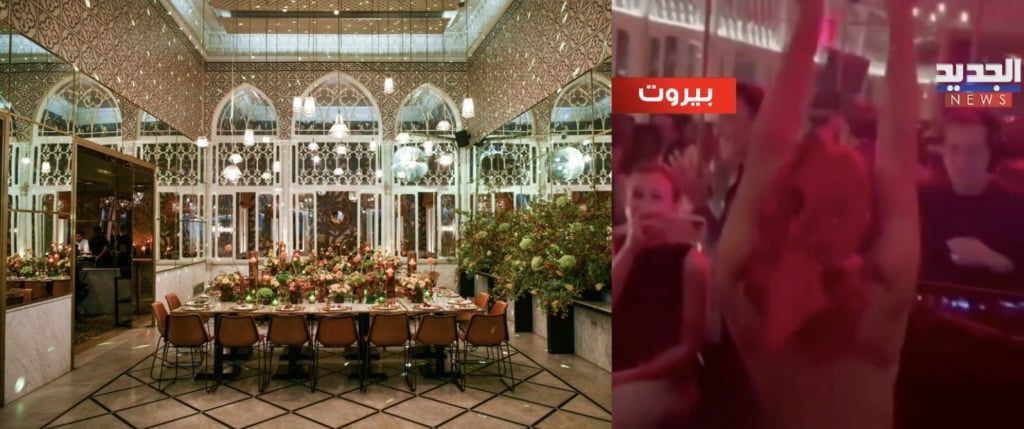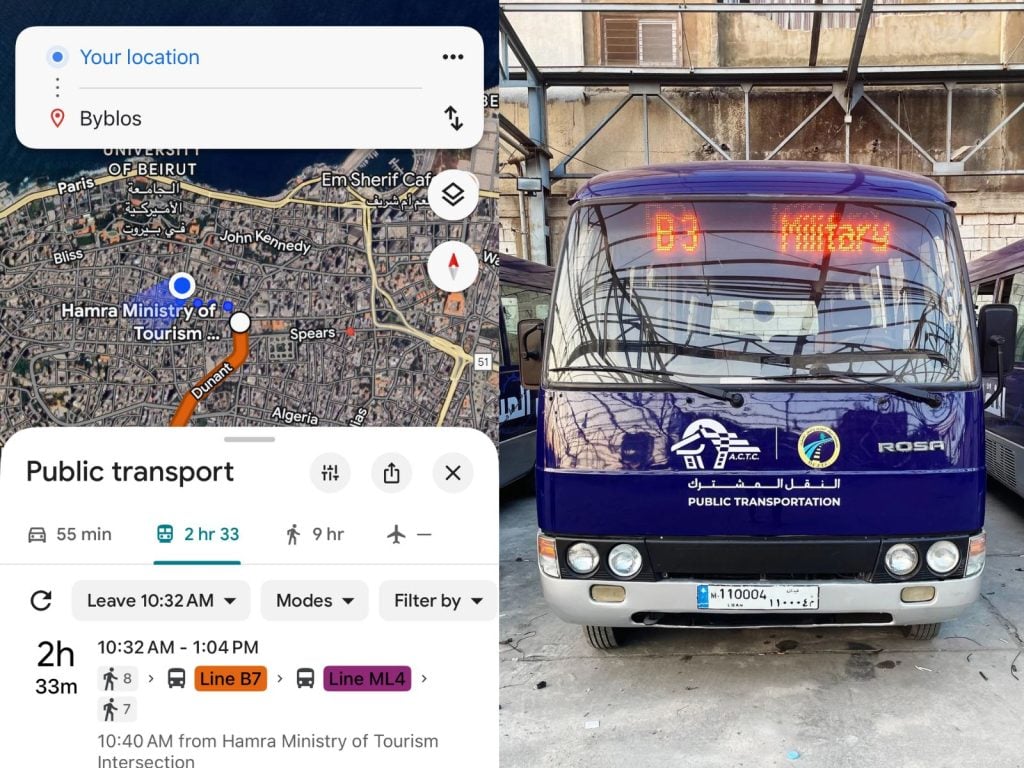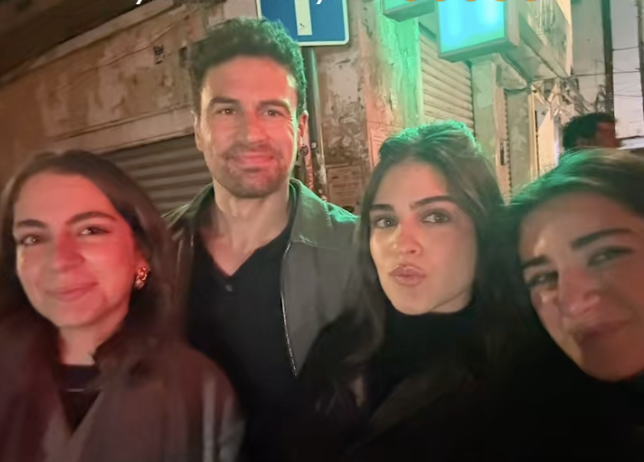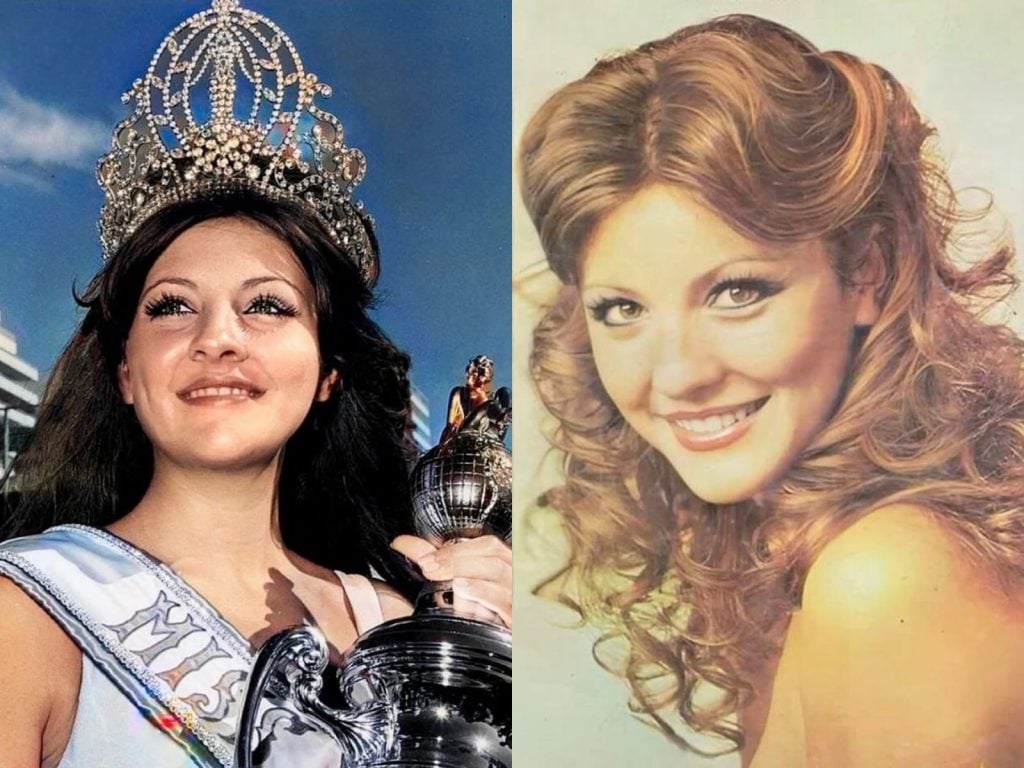Music Amidst Mayhem: How Ziad Rahbani Chronicled a Nation’s Struggle and Spirit
As Lebanese history was being written in the streets, Ziad Rahbani was composing its soundtrack. His music, a blend of jazz, funk, disco, classical Arabic, and generous political satire, he captured the humor, struggles, and soul of Lebanese life.
Here are some of his most iconic tracks and the stories behind them.
1. Abu Ali (1979)
A 13-minute instrumental masterpiece that blends Arabic orchestration with disco, composed and recorded in Athens. It is widely considered a pioneering work of Arabic funk and has become a cult favorite for crate-diggers and music critics alike.
Composed during the Lebanese Civil War, “Abu Ali” stands out for its escapist sound, as well as the sheer audacity of bringing disco to the Arabic music world at such a turbulent time.
2. Bala Wala Shi (1985)
Literally “Without Anything at All,” this track fuses jazz, funk, and boogie elements. It’s a prime example of Rahbani’s experimentation and has endured as one of his signature works.
Released on the “Houdou’ Nisbi” (“Relative Calm”) album, it reflects the bittersweet mood of Lebanon during a fragile ceasefire, offering a wry, candid take on living amid uncertainty.
3. Ya Zaman El Ta’efiyeh (1980)
Meaning “Era (or Time) of Sectarianism,” and featured in soundtrack of “Film Amriki Tawil” (“A Long American Film”), this song uses satire to critique Lebanon’s deep divisions.
Performed by Joseph Sakr, it remains one of Rahbani’s sharpest commentaries on the enduring and sometimes absurd realities of sectarian politics in Lebanon.
4. Ana Mush Kafer (1985)
One of Rahbani’s most celebrated and controversial tracks, repeatedly performed in his stage works and re-released in 2008.
The song addresses religious hypocrisy in Lebanon, urging leaders to pay attention to the plight of the poor, not just their own followers. The lyrics became a catchphrase for secular defiance.
5. Rajaa Bi Izn Allah (1980)
Often cited as a cultural touchstone reflecting the longing for peace and return.
This song is rooted in the despair and hope of the Lebanese civil war era, acting as both a lament and an anthem for resilience. Steeped in sarcasm, like most of his releases, it came after a period of relative calm, when many believed the war might be behind them. But Ziad, ever the realist (and satirist), used this track to suggest otherwise: that the war wasn’t truly over, just paused.
6. Al Bosta (1979)
Featured in the landmark musical “Bennesbeh Labokra Chou?” (“What About Tomorrow?”), it became an anthem for a generation.
The song’s playful lyrics about the trials of life take on new meaning in the context of war-torn Lebanon, where even boarding a bus could be fraught with peril and absurdity.
Other personal tracks:
7. Sa’alouni al-Nas
Composed for his mother Fairuz.
Ziad wrote this as his father Assi was gravely ill. The lyrics reflect loss, longing, and the secrecy surrounding family pain. It has since become one of Fairuz’s most iconic songs.
8. Marba el Dalal and 9. Bisaraha
Personal, introspective tracks.
Both were written about Rahbani’s highly publicized and turbulent relationship with Dalal Karam, which ended in divorce. These songs offer a glimpse into the personal pain and vulnerability behind his sardonic public persona.
Rahbani’s music is inseparable from Lebanon’s modern history. Rahbani’s legacy goes beyond music. His tracks are touchstones of cultural memory, and understanding them is key to understanding Lebanon’s recent past.
Enjoyed reading about Ziad Rahbani and his music? You might also like: Did You Know? Fairuz’s “Li Beirut” Samples A Spanish Tune
The Beirut Tee
Beirut.com printed logo on the left side. Available in Black, White, and Olive Green.
غررووووووفي Tee
High quality t-shirt that is available in either round neck loose fit made of 100% cotton with short sleeves, or fitted cropped with a round neck and short sleeves (95% cotton,5% elastane).
The Beirut Tee
Beirut.com printed logo on the left side. Available in Black, White, and Olive Green.
غررووووووفي Tee
High quality t-shirt that is available in either round neck loose fit made of 100% cotton with short sleeves, or fitted cropped with a round neck and short sleeves (95% cotton,5% elastane).





